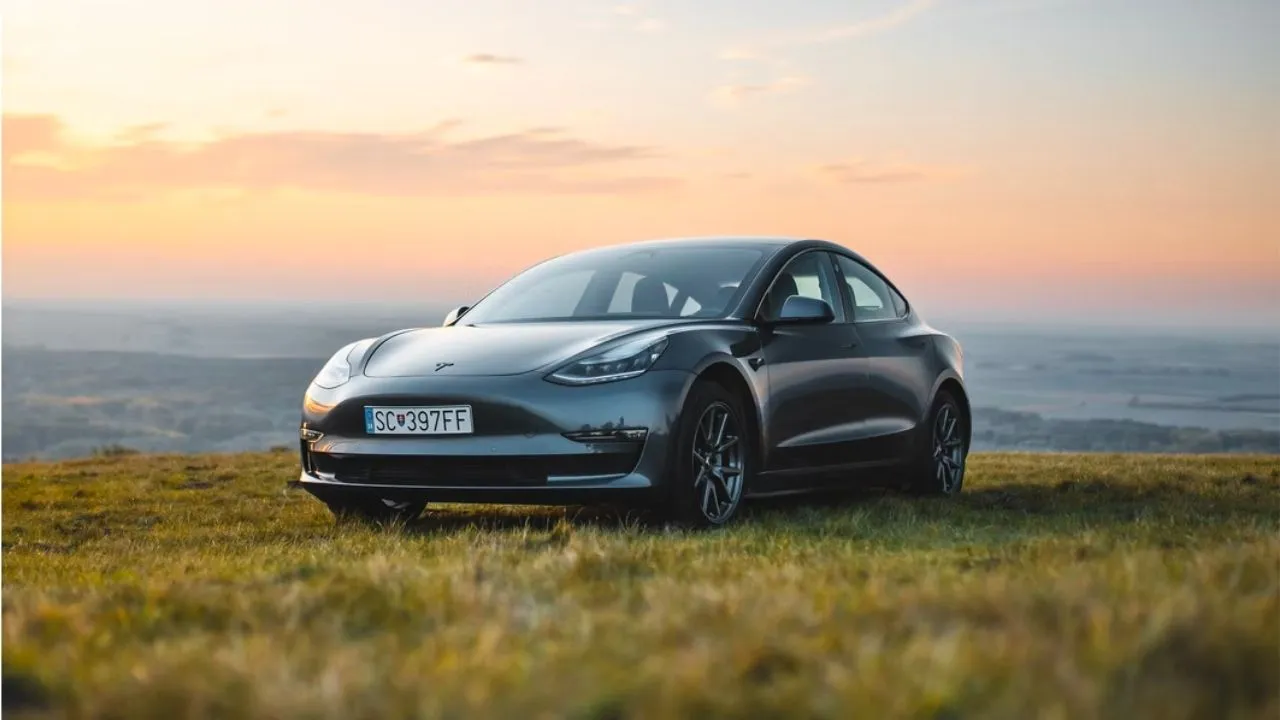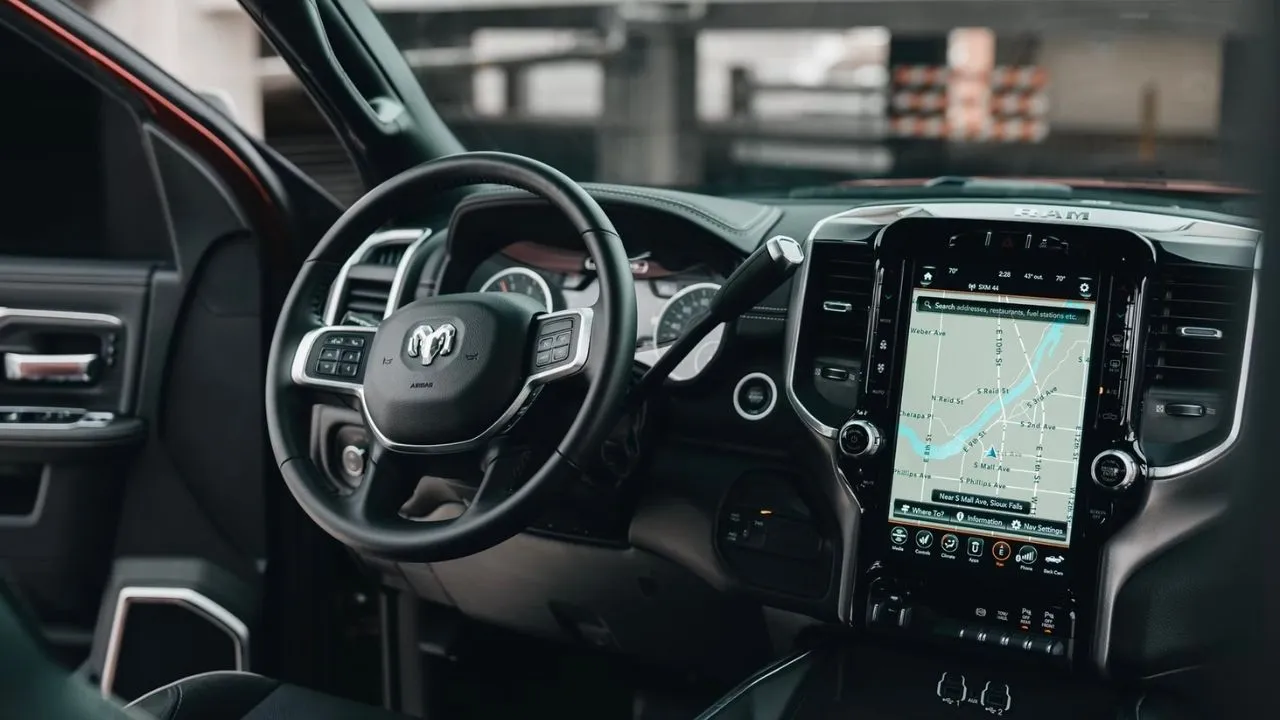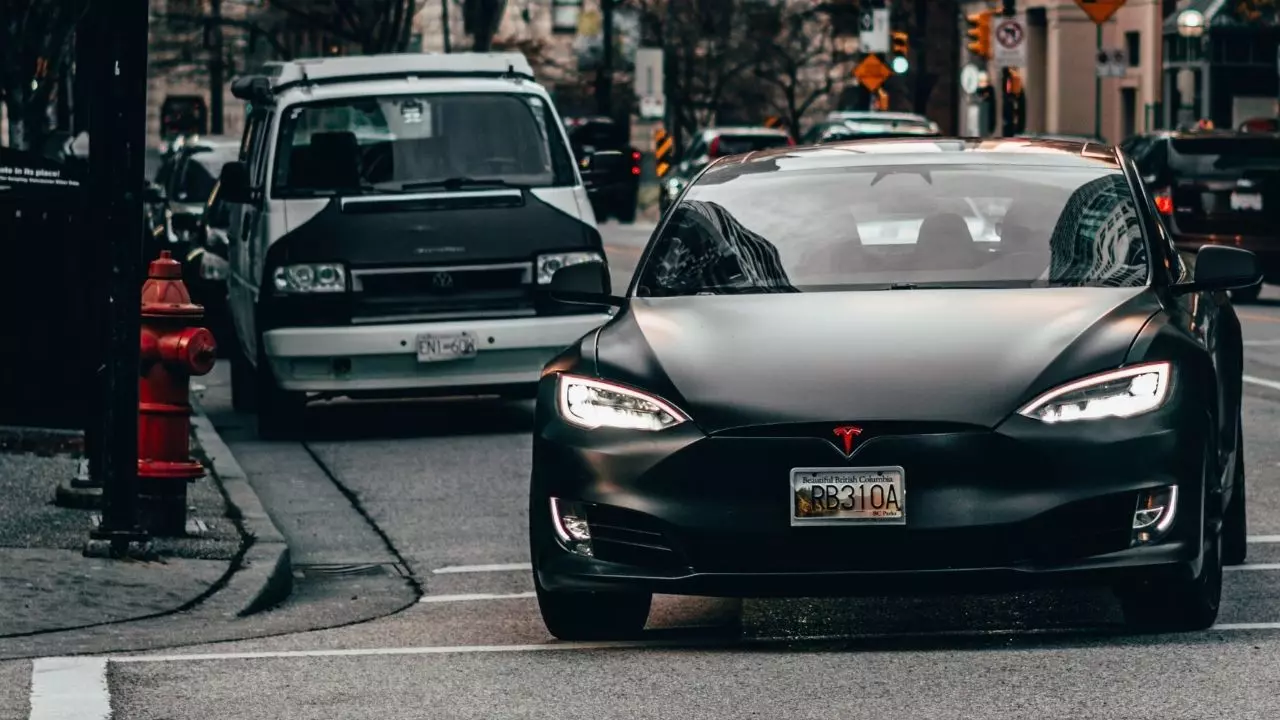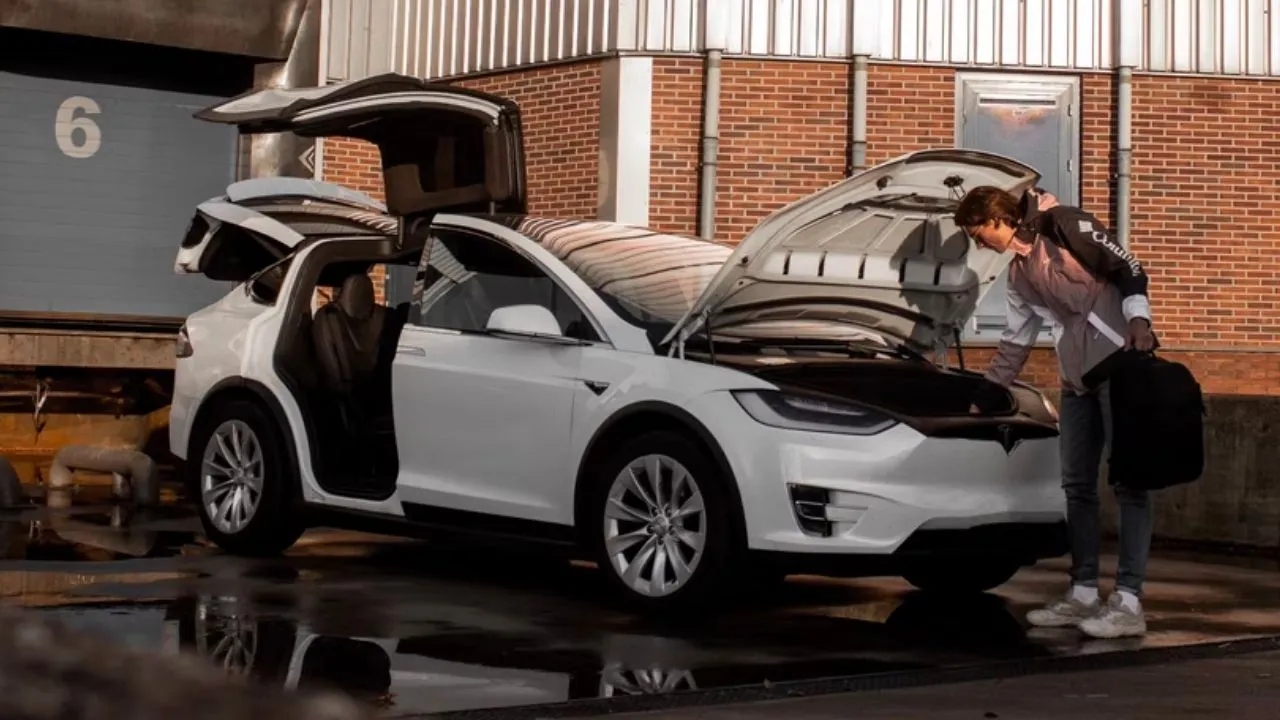A car battery is an essential part of your car. It helps to power the engine and keep it running. You may be wondering how long your car battery will last. Let’s explore!
How Long Do Electric Vehicle Batteries Last?
Electric vehicle batteries last significantly longer than traditional automotive batteries. According to the US Department of Energy, the average electric vehicle battery will last around ten years or more with regular use. Factors that affect battery life include how frequently the battery is charged, how often the car is driven, and whether it has been well maintained. Besides regular charging, making sure the battery is adequately cooled and protected from wear and tear also can prolong its life.
It’s important to note that electric vehicle batteries vary significantly in their energy capacity, which is determined by the number of cells in the battery. The larger the battery, the more energy it can hold. So, if you have a significantly smaller battery than the battery in your classic car, it may not hold as much energy and may not last as long. It’s also important to note that electric vehicles don’t require a traditional engine oil and transmission fluid, so the battery will last longer if properly cared for.

Factors That Affect Car Battery Life
Some factors affect car battery life, and the length of time it will last vary depending on your vehicle’s make and model, the type of battery, how you drive, and the temperature. Car batteries can last anywhere from three to six years or more with regular use. Factors that can affect battery life include: how often you drive your car (heavy traffic will drain a battery more quickly than occasional trips), how you maintain your car (keeping it clean and free of debris can help reduce parasitic drain), how cold your climate is (a colder climate reduces the ability of batteries to hold a charge), and how often you charge your car (charging batteries fully restores their capacity).
1. Age of the car battery
Electric vehicles have a battery that stores energy used to power the vehicle. The battery in an electric car will last anywhere from 10,000 to 100,000 miles before needing to be replaced. However, the age of the car battery will affect how long it lasts. A new car battery will likely last longer than a used car battery.
2. Usage patterns of the car battery
Electric vehicle batteries have been getting better and better for the past few years. They last much longer than traditional car batteries, typically lasting 10 to 50 thousand miles. However, there are some things you can do to maximize the battery’s life. First, make sure you charge your battery fully every time you get a chance. Second, keep your car clean and free of debris – bad things like leaves and twigs can quickly cause your battery to lose power. Finally, don’t use your electric vehicle if it’s cold outside – this will drain the battery even faster.
3. Location of the car battery
It’s also important to note where your electric vehicle battery is located. If the battery is in the trunk, it will have less impact on the car’s performance. However, if the battery is located near the engine, it will significantly impact how quickly the engine can start.
4. Climate conditions in which the car is driven
Batteries power electric vehicles. The batteries will last longer in cold climates because they will not be used as much to warm up the car. In hot climates, the batteries will last shorter because they will be used to cool down the car. So, it is essential to know the climate conditions in which your car will be driven.

How Often Do You Need To Replace Battery In Electric Car?
Electric cars use batteries to store energy used to power the car. The battery in an electric car usually lasts around 10 to 20 years, depending on how often the car is used and how much it is driven. The battery will need to be replaced if it starts losing power quickly or won’t hold a charge. Most manufacturers recommend replacing the battery around ten years after the car is bought. So, you will probably need to have the battery replaced around ten years from now.
How Long Will A Tesla Battery Last?
Batteries power electric vehicles. A Tesla battery has a “lifetime” of about 500 charge/discharge cycles. This means that it can be discharged and recharged 500 times. The battery’s life will be shorter if the car is plugged into an outlet most of the time or driven in freezing weather. It’s also possible for the battery to lose power if it’s not used for a long time.
How Much Does A New Battery For An Electric Car Cost?
Batteries power electric vehicles. A battery for an electric car usually lasts between 10-and 20 years. The cost of a new battery for an electric car ranges from $2,000 to $8,000. However, it’s important to note that the battery’s life will be shorter if the car is plugged into an outlet most of the time or if it is driven in freezing weather.
Manufacturers usually recommend replacing the battery around ten years after the car is bought. Also, note that the battery’s life will be shorter if the car is plugged into an outlet most of the time or if it is driven in freezing weather.
What Is The Disadvantages Of Electric Cars?
Electric vehicles have many benefits over traditional gas-powered cars, including that they don’t produce harmful emissions. However, there are a few disadvantages to electric vehicles that need to be considered. One of the most significant drawbacks is that electric vehicle batteries last much shorter than battery packs in traditional gasoline-powered cars. Electric vehicles rely on batteries to store energy from the grid rather than from a fuel tank. As a result, electric vehicle batteries tend to only last around 10-12 miles before recharging. Additionally, electric vehicles are not as efficient as gas-powered cars and require more work from the driver to get up and move. We are listing four disadvantages of electric vehicles for your reference.
- Range anxiety – some people may be uncomfortable with being without access to a fuel station or charging station.
- Battery replacement – electric cars have to be regularly serviced, just like regular cars. This can be expensive and time-consuming.
- Emissions – electric cars don’t produce emissions, but they do produce heat. This can be a problem in hot climates.
- Charging – electric cars need to be plugged into an electrical outlet to recharge, just like regular cars. This can be an inconvenience if you don’t have an outlet close by.

Do Electric Cars Need Servicing?
Electric vehicles are powered by electric batteries that provide power to the vehicle. How long electric vehicle batteries last depends on how often the battery is charged and discharged. A battery should be fully charged before being discharged and should be discharged until it reaches a lower voltage level. Over discharging or overcharging a battery can damage the battery, so following the guidelines below is essential to ensure your electric vehicle battery lasts as long as possible.
How Often Should I Charge My Electric Vehicle Battery?
To ensure your electric vehicle battery lasts as long as possible, it’s essential to charge the battery regularly. Manufacturers recommend charging the battery every two to three days, but following the guidelines below is essential to ensure your battery lasts longer.
How Often Should I Discharge My Electric Vehicle Battery?
To reduce the risk of damage to the battery, it’s essential to discharge the battery regularly. Manufacturers recommend discharging the battery until it reaches a lower voltage level. This can be done by driving slowly and gradually increasing your speed until you reach your desired cruising speed.
How Long Does It Take To Charge An Electric Vehicle Battery?
It takes about two hours to charge an electric vehicle battery using a regular wall outlet. Therefore, following the guidelines below is essential to ensure the battery is fully charged before being discharged. Other factors that can affect the charging time include the wattage of the outlet, the type of charger, and the battery.
What Happens To An Electric Car Battery When It Dies?
When an electric car battery dies, the cells inside will start to discharge. This means that the electric current passing through the battery will decrease until nothing is left. As a result, the chemicals in the battery will also start to decompose, releasing harmful chemicals into the air. This can cause a variety of health issues, such as lung cancer.
The best way to avoid this is to keep your electric car battery in good condition by regularly charging and discharging it. Also, make sure to get a new electric car battery if the old one starts to fail.
Do Electric Cars Have Transmissions?
Electric vehicles have batteries that provide power to the electric motor. The average electric vehicle battery pack is about 18 kilowatt-hours, lasting around 250 miles when fully charged. Some electric cars have a maximum range of over 400 miles. In addition, electric cars include a transmission that transfers power from the engine to the wheels. Transmission helps to smooth out the power delivery to the wheels, making it easier for the car to accelerate and decelerate.
Why Shouldn’t You Get An Electric Car?
Electric cars have several benefits over traditional gasoline and diesel cars, including reducing air pollution, saving on fuel costs, and reducing greenhouse gas emissions. However, a few drawbacks to electric car ownership should be considered before making the switch.
The first downside to electric cars is that they typically have shorter ranges than gasoline or diesel cars. The most extended range currently available for an electric car is about 100 miles, significantly less than the 300-mile or more range offered by many gases and diesel models. As a result, you’ll need to recharge your battery at least once every 70-100 miles if you plan to use your electric car for regular commuting.
Another downside to electric cars is that they can be more expensive than traditional models. In addition, due to the lack of an internal combustion engine, electric cars require regular maintenance to keep them running smoothly. This includes replacing parts such as the battery, air filters, and oil filters. On the other hand, a gasoline or diesel car only requires basic service intervals such as oil changes and tire rotations.
Finally, electric cars are not always compatible with certain types of infrastructure. For example, because they rely on electricity to power themselves, electric cars cannot travel through some types of tunnels or over certain bridges. This means that you may need to take extra steps to ensure your battery can reach its destination safely.

Do Electric Cars Cost More To Insure?
Electric cars have been gaining popularity in recent years, with many people looking to reduce their environmental impact. While electric cars are not without their risks, many people believe they are more environmentally friendly than traditional gasoline-powered vehicles.
One of the biggest concerns with electric cars is the battery. Batteries for electric cars can last anywhere from around 100 to 300 miles, but they typically lose about 10% of their charge per day. This means that an electric car’s battery will typically last around three days before it needs to be recharged.
Also, electric cars rely on charging stations to recharge their batteries. While this is not a problem for most people, it can be challenging for people who live in rural or remote areas.
In addition, electric cars typically cost more to insure than gasoline-powered vehicles. Electric cars are not as standard and are subject to more risks.

Do Electric Cars Lose Range Over Time?
Electric cars do not lose range over time as gasoline cars do. The reason is that electric cars use a battery that stores energy. So when you turn the car off, the battery still has energy. This is different from gasoline cars, where the gas can evaporate and leave your car with no power. On the other hand, electric cars do require a rechargeable battery. This type of battery typically has a shorter lifespan than the standard batteries used in gasoline cars.
Do Electric Cars Lose Value Quicker?
Electric vehicles have been slowly gaining in popularity over the years. This is mainly due to the environmental benefits that they provide. However, many people still have one question: how long do electric car batteries last?
Based on a study conducted by the National Renewable Energy Laboratory, electric vehicle batteries can last between five and eight years. This is longer than the average battery life for a classic car. However, it should be noted that the life of an electric vehicle battery will vary depending on how it’s used and maintained.
Conclusion
A car battery is an essential part of your car. It helps to power the engine and keep it running. You can ensure that your car battery lasts as long as possible by following these steps.
